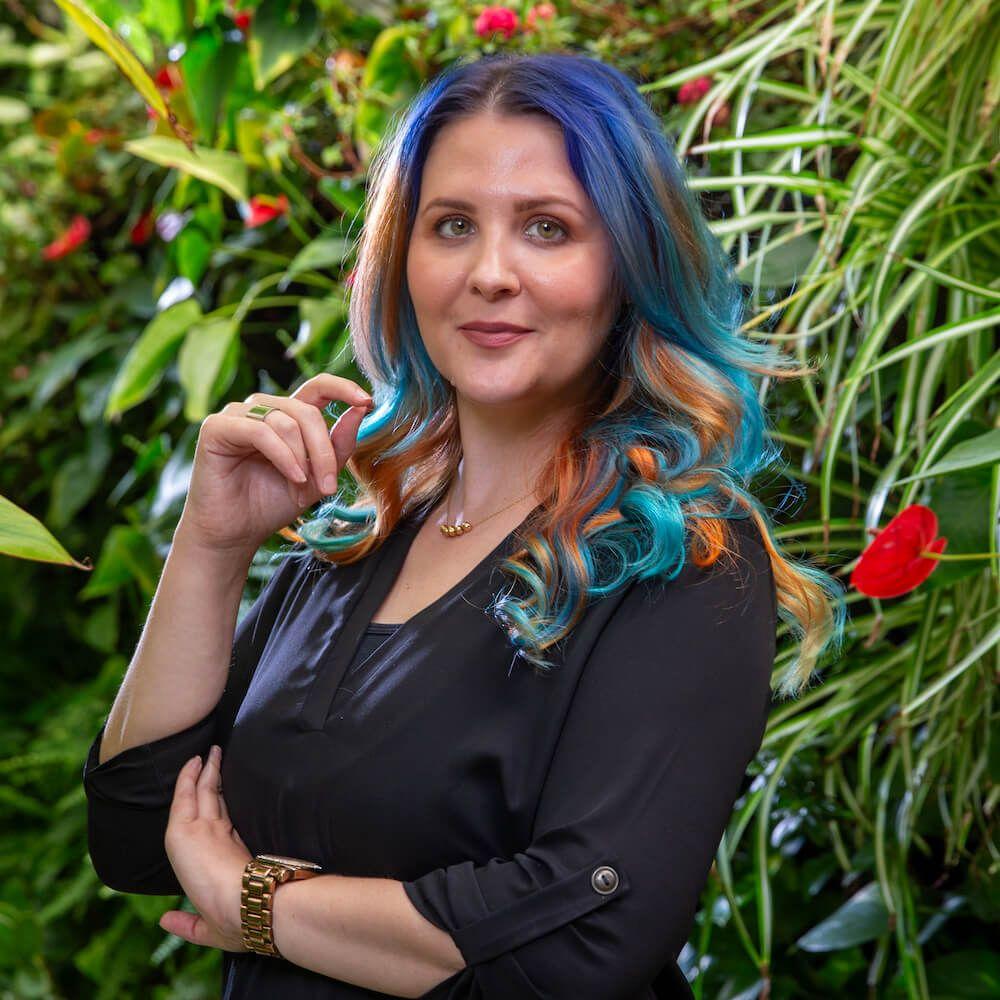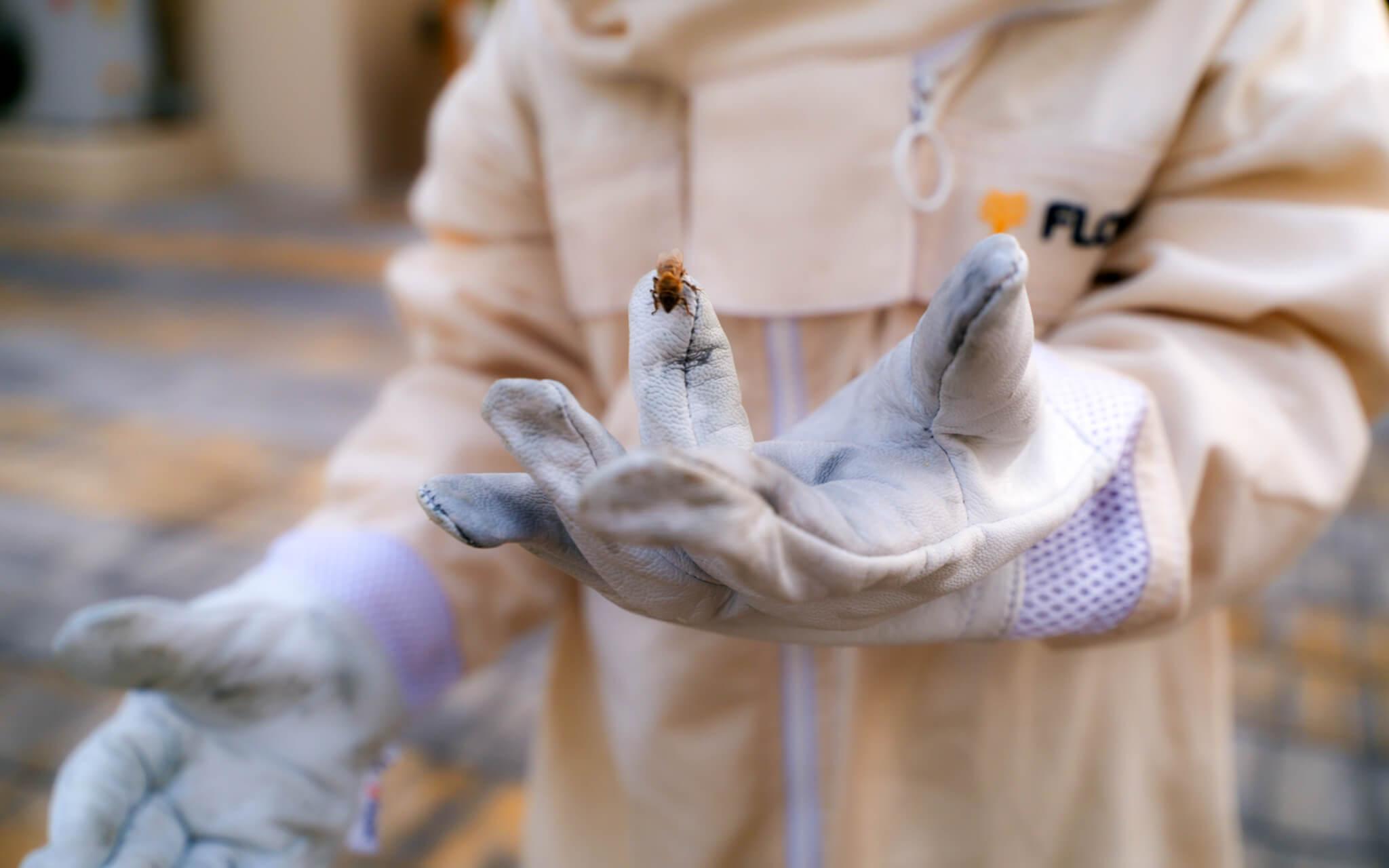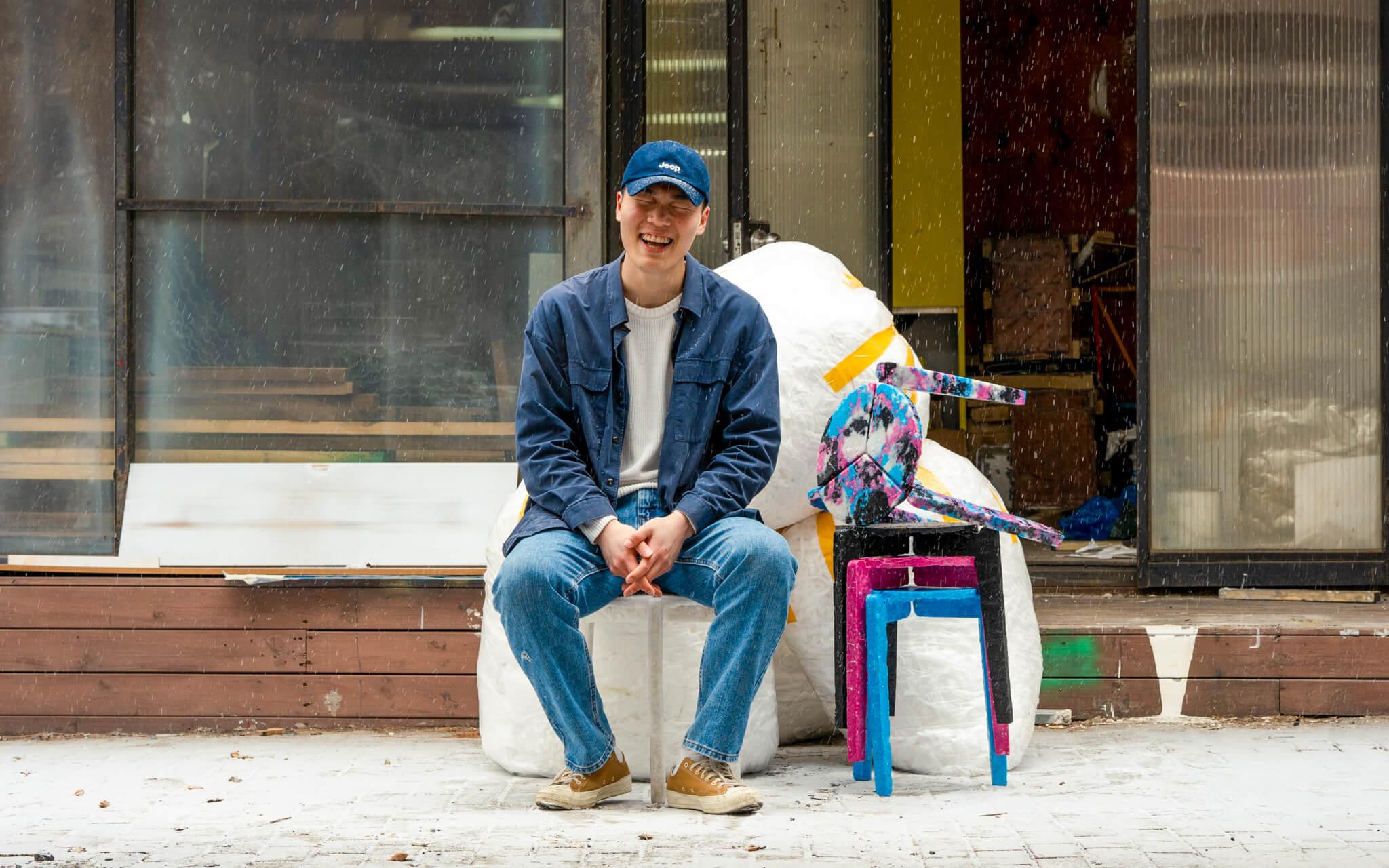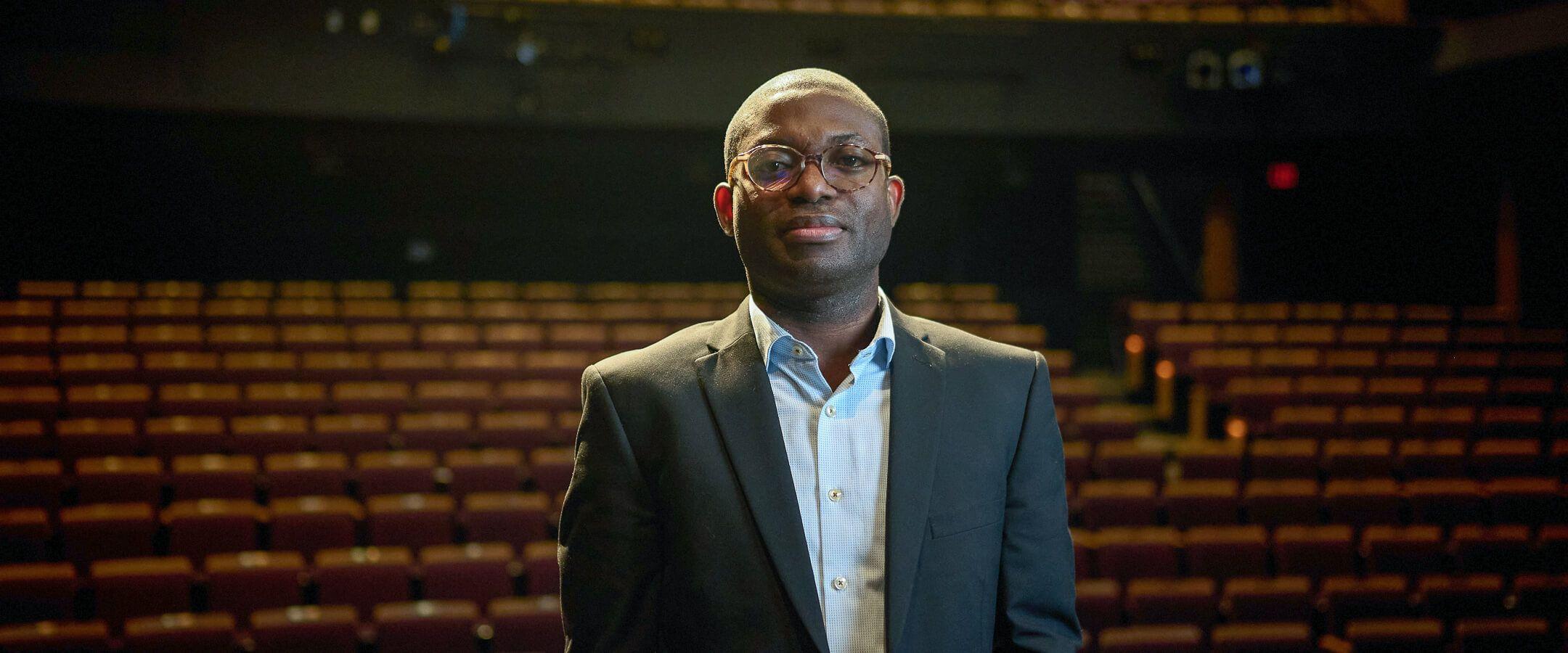Zero Carbon, Zero Waste, Zero Poverty
Yasmeen Lari, Pakistan’s first female architect, has dedicated the past twenty years to a revolutionary aid model, one that empowers vulnerable communities and prioritises sustainable and secure housing.
Yasmeen Lari is a formidable force. The first female architect in Pakistan, she is no stranger to an uphill battle.
Today, though, Lari’s focus has shifted from the corporate high-rises and award-winning designs that brought her international recognition into her purpose-led work of ‘humanistic humanitarianism’, as she calls it.
Back in 1980, Lari and her husband founded the Heritage Foundation of Pakistan. Created initially to conserve sites of cultural importance, the foundation evolved into a comprehensive humanitarian organisation dedicated to Pakistan’s most vulnerable communities.
Lari’s unique approach to aid work relies on ‘renaissance’ values: benevolence, generosity, empathy, solidarity, and, as she tells me, an abhorrence of waste. “My motto is zero carbon, zero waste and now, zero donors, which leads to zero poverty. I'm working with every kind of resource available – Whether it's a waste resource or a human resource,” she says.
Aid work, according to Lari, doesn’t exist in isolated actions. Instead, it is the interconnected work of entire communities. Currently, Lari and her team have empowered 400 villagers across the country to become what she’s termed the ‘barefoot brigade.’ These small teams receive education and training, who then pass that knowledge on to others. Each brigade member charges households 30 rupees (roughly 0.11 cents) to attend workshops and classes, a self-sustaining model that has revolutionised traditional aid systems.
To date, the Heritage Foundation of Pakistan has built 34,000 homes and reached 400,000 households, erecting schools, handpumps, and cultural centres while ensuring food security through effective agricultural practices.
And Lari’s solution not only drives education in each village but also has the added benefit of teaching sustainable building techniques. This reliance on zero-carbon construction addresses another issue – the increasingly devastating effects of climate change. “Either we have floods, or we have earthquakes. We are on the fault lines or in the path of melting glaciers,” she says, driving right to the heart of Pakistan’s troubled topography.
When asked about whether they use local materials during construction, Lari scoffs. “Absolutely,” she says. “It has to be. First of all, there's no funding. But also, why? Why should we use resources that have to be brought in from somewhere else?”
My motto is zero carbon, zero waste and now, zero donors, which leads to zero poverty. I'm working with every kind of resource available – Whether it's a waste resource or a human resource.
Lari points to a key moment as her turning point, her moment of truth. The 2005 Kashmir earthquake wrenched across Northern Pakistan, destroying cities and killing almost 90,000 people. Prior to the earthquake, Lari’s work centred on corporate offices and ministerial edifices – fierce modernist structures that emulated much of the interior steel of their designer.
The time had come for a change.
“I had no idea as an architect that I could do something. I had no funding. I had no resources. I had no experience—totally alien territory. I'd never been up to the mountains. I was over 60 years old, but I went there, and I found I could do something to help. And so I just kept on, and we had so many disasters that I learned how to work with earthquakes, floods, and high winds,” she says, describing her journey from the business world. “When I first started, the available material came from collapsed buildings.”
The application of her architectural experience into the humanitarian sphere emphasises her single-minded dedication to shifting mindsets and challenging the system. “As an architect, you know how to design, and that's the best skill you have. I mean, if you've designed something that people can't afford, then what's the point of it?” she says. “And as I keep saying, you lose your ego; you learn to see how you can work with people and ask what their needs are.”
I’m convinced. Lari is a compelling advocate for human potential.
Lari continues, dauntless in her convictions. “Let’s say the World Bank comes in with $600 million, and they make these high-carbon brick or concrete houses,” she says. “They're not concerned about the people's lives. I'm totally against this whole international colonial charity model that has nothing to do with the reality in our countries.”
And the results speak for themselves: the Heritage Foundation of Pakistan has made an incredible impact nationwide.
“Just recently, there was a downpour of rain, and we found that the villages where we'd not done any intervention were all displaced. Their shacks had been blown away,” she recounts. “Then one village that was now secure because they had housing due to our holistic model reported that 60 to 70 people came to them when they had to leave their villages, and they provided hospitality in their own homes.”
This remarkable success story brings us to a natural end; despite her intensity, our conversation doesn’t culminate in resentment.
“You have to have faith in people,” she says, underlining the essence of her work. “I'm not doing very much. I'm just steering the thing.”
A final message of hope.
Amongst a nation dealing with the overwhelming impacts of climate change, solutions are found, not in expensive technologies or chic open-plan offices, but in resilience and, of course, the boundlessness of human capacity.
Most Popular
The Climate Tribe delivers stories about Biodiversity and Conservation, Circular Economy, Food and Water , and how they intersect with climate.
Subscribe
Get the latest stories inspiring climate action around the globe straight to your inbox.






